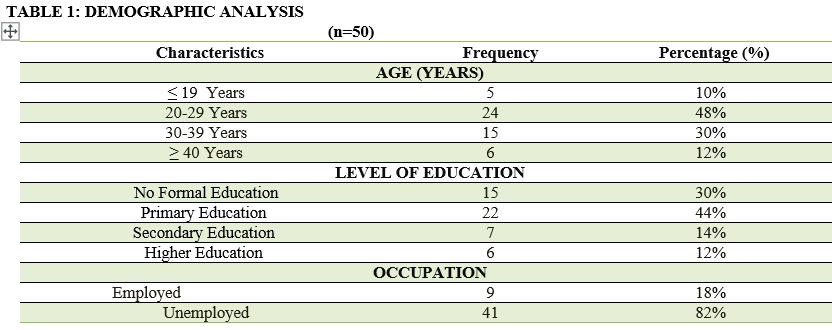KNOWLEDGE, ATTITUDES, AND PREFERENCES REGARDING DELIVERY METHODS AMONG PREGNANT WOMEN AT ISRA UNIVERSITY HOSPITAL, HYDERABAD.
Keywords:
Delivery Methods, Vaginal Delivery, Cesarean Section, Pregnancy, Knowledge, Risk PerceptionsAbstract
Background: The choice between vaginal delivery (VD) and cesarean section (CS) plays a crucial role in determining maternal and neonatal health outcomes. The World Health Organization (WHO) recommends that CS rates ideally be 10-15% to optimize health outcomes. However, global trends indicate a rising incidence of CS, with projections suggesting that the rate could reach 29% by 2030. This growing trend raises concerns about the potential health risks associated with unnecessary CS, highlighting the need for informed decision-making regarding delivery methods.
Objective: The objective of this study was to assess the knowledge, attitudes, and preferences of pregnant women at Isra University Hospital, Hyderabad, regarding delivery methods.
Methodology: A cross-sectional study was conducted from July to September 2024, involving 50 women admitted to the gynecological ward at Isra University Hospital, Hyderabad. Non-probability convenience sampling was used for participant selection. Data were analyzed using IBM SPSS version 23, with descriptive statistics applied to demographic and study variables.
Results: The study found that 48% of participants were aged 20-29 years, 82% were unemployed and 44% were illiterate. The majority (80%) learned about delivery methods from family. While 66% of participants recognized the maternal risks associated with CS, 64% believed CS was less painful. A strong preference for VD was observed, with 78% viewing it as natural and 82% preferring it for its emotional benefits.
Conclusion: The study found that pregnant women had moderate knowledge and mixed attitudes toward delivery methods. Vaginal delivery was preferred for its emotional and natural benefits, while many favored cesarean section for its perceived pain reduction and convenience. Misconceptions about cesarean delivery highlighted the need for targeted educational interventions to provide accurate, evidence-based information to help women make informed choices.
Downloads

Downloads
Published
Issue
Section
License
Copyright (c) 2024 Shabana Liaquat Ali Mugheri, Nasreen Rebecca Wilson, Sikandar Ali Mugheri , Zafarullah Junejo , Humaira Sikandar Ali Mugheri, Yasmeen Sikandar Ali Mugheri, Jana Naz Solangi (Author)

This work is licensed under a Creative Commons Attribution 4.0 International License.


